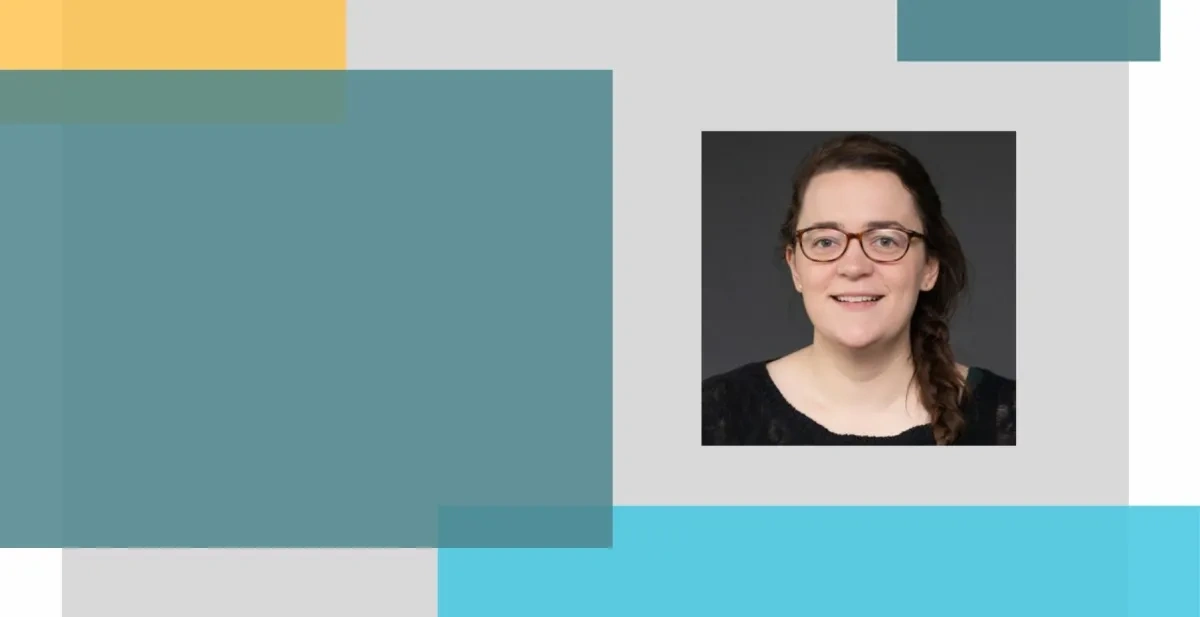

New research led by DCU’s Dawn Wheatley focuses on impact of gender and diversity in media consumption in Ireland
The research, entitled ‘Digital News Report: Gender & Diversity in Ireland 2016-2021 & Internationally 2021’, was led by Assistant Professor Dr Dawn Wheatley at Dublin City University.
Largest study of news consumption in the world
Presented in factsheet format, the research supports the existing analysis in the Reuters Digital News Reports for Ireland 2021 and provides additional insights on how gender impacts engagement with news and news systems in Ireland. The Reuters Institute Digital News Report is the largest ongoing comparative study of news consumption in the world and the BAI has sponsored Ireland’s inclusion since 2016. Analysis of the Irish data has been carried out by researchers from the Institute for Future Media, Democracy and Society (FuJo) at Dublin City University.
Commenting, Assistant Professor Dr Dawn Wheatley said: “The findings from this project were hugely interesting. We hope that this project will help to create awareness amongst news providers about how news and current affairs are consumed differently by men and women, and by people from different backgrounds, and that it will help them to tailor their news offerings to widen interest. This in turn will facilitate democratic debate and active citizenship.”
BAI's commitment to diversity
The BAI commissioned additional analysis of the research for the first time in 2021. In support of the BAI’s commitment to diversity, this analysis examines the gendered aspects of interest and participation in news, as well as perception of gender in the news. Where possible, the research also examines these matters in the context of socio-economic class categories.
Commenting, Chief Executive of the Broadcasting Authority of Ireland, Celene Craig said: “As reflected in our Strategy Statement 2021 -2023, the BAI is committed to promoting a more diverse Irish media landscape that reflects and shapes who we are. We commissioned this further analysis of the Reuters Digital News Report for Ireland 2021 not just to provide additional insights to the BAI, but also to stimulate further debate around news consumption and different aspects of diversity, such as gender and socio-economic class. The factsheet sheds light on how these factors impact on engagement with news and news systems in Ireland.”
Among the findings from this analysis were:
- While high-income earners continued to be ‘extremely’ or ‘very interested’ in news in 2021, the gap with low earners is closing. In 2020, there was a 25% difference, compared with 14% in 2021.
- Ireland has a higher percentage of people who said they were ‘extremely’ or ‘very interested’ in news (70%), compared with countries of a similar size e.g. Denmark (51.5%), Austria (67%), and our neighbours in the UK (51.5%). Of these four countries, Irish women had the lowest levels of ‘not very’ or ‘not at all’ interested in news (5%), while the UK had the highest (12%).
- Irish women are more likely than Irish men to share news, however Irish men are more likely to share their opinions and comment on news stories.
- Education level also played a role in trust in news material on social media. Those who had low education levels (did not finish secondary school) are more likely to trust news material they see on social media, compared with those with high or medium education, who appeared to be more sceptical.
Extra resources:
Assistant Professor Wheatley discussed the findings in an online conversation with General Manager of Radio Kerry, Fiona Stack. Published today (20.01.22) it is available here, and the research factsheet is available here.
About Dr Wheatley
Dawn Wheatley is an Assistant Professor in the School of Communications focusing on journalism, political communication, and social media. She has previously worked as a production journalist for the Irish Daily Mail and the Irish Times before turning to research and teaching in DCU. Her current research projects include work on mobile news dissemination, filtering and blocking on social media, and source use in contemporary news reporting.
DCU is ranked no.1 in Ireland for Communications and Media Studies.
